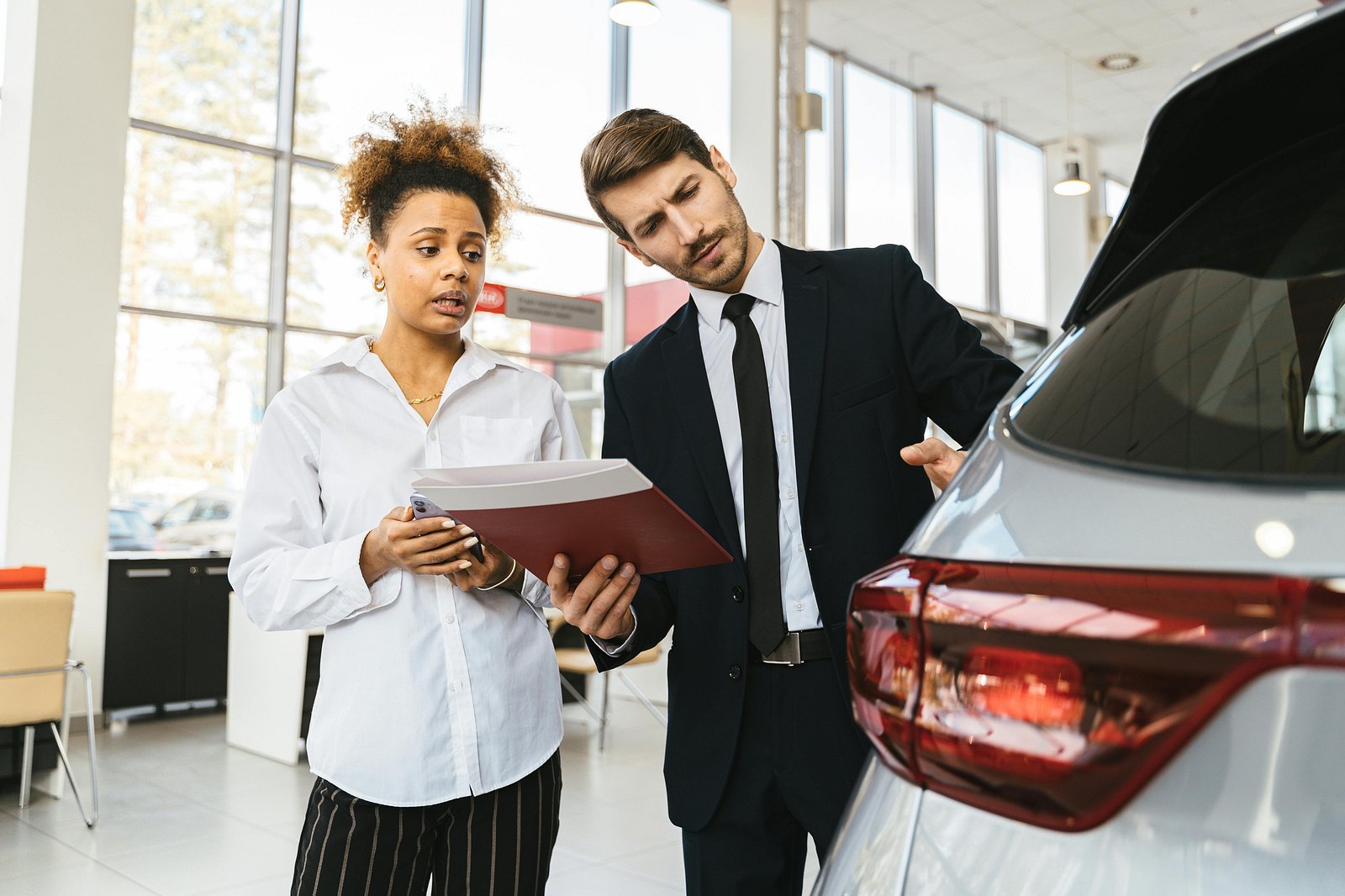Dealerships unite to combat unjust and needless regulation.
As of July 30, the implementation of the CARS rule has been put on hold due to protests from dealer associations who have lobbied against it.
In the previous year, citizens throughout the nation celebrated after the Federal Trade Commission (FTC) declared its intentions to implement the Combating Auto Retail Scams (CARS) regulation, aimed at stopping car dealerships from using deceitful strategies during the car sales process.
As per a formal report released by the Federal Trade Commission (FTC), both the National Automobile Dealers Association (NADA) and the Texas Automobile Dealers Association have submitted a Petition for Review, in which they allege that the CARS rule is “arbitrary, capricious, an abuse of discretion, without observance of procedure required by law, or otherwise not in accordance with law.”
In December 2023, the NADA CEO Mike Stanton expressed his thoughts on the announced rule, stating, “heavy-handed bureaucratic overreach and redundancy.” He further mentioned that the dealer association would oppose the rule, as it has the potential to complicate the car-buying process for both retailers and customers.

The FTC has emphasized its belief that the new rule will offer customers with “vital safeguards against auto retail frauds.” Additionally, the commission has stated that the postponement of the CARS rule’s implementation date will negatively impact consumers and honest retailers.
In addition, the Federal Trade Commission (FTC) has stated that “Petitioners’ arguments for a stay rest on mischaracterizations of what the Rule requires of covered motor vehicle dealers, including inaccurate claims that dealers will need to overhaul their practices and substantially increase compliance costs.”
According to the FTC, the policy does not add any extra expenses for reputable dealers and will promote equitable market competition by eliminating the unfair advantage that deceitful dealers possess.
The initial statement put forth by the Petitioners stated that the CARS regulation would hinder dealerships from deceiving customers regarding financing options, expenses, and other significant matters. Certain provisions aim to safeguard military personnel and their loved ones from dishonest dealers.

Amidst global supply chain challenges and chip shortages impacting vehicle availability, numerous dealers resorted to adding “market adjustments” onto the manufacturer’s suggested retail prices of highly sought-after cars. This has become a prevalent practice, despite some manufacturers denouncing it. Unfortunately, this trend continues. One example is the Toyota Prius Prime being sold at nearly $50,000, with a $5,000 market adjustment.
According to the Federal Trade Commission (FTC), the petitioners are requesting “expedited consideration of the Petition for Review.” If granted, the FTC predicts that the rule will not be delayed “more than a few months, if at all.” This suggests that the implementation of the CARS rule could still occur by the end of 2024. It is only natural to hope for this outcome, as American consumers have been unfairly exploited by dealerships for an extended period of time.
According to the statement, “Once the PFR’s merits are resolved, the Commission will publish a new document in the Federal Register establishing a new effective date.” This means that once the issues surrounding the PFR have been addressed, the Commission will release a revised document in the Federal Register that will determine a new effective date.







